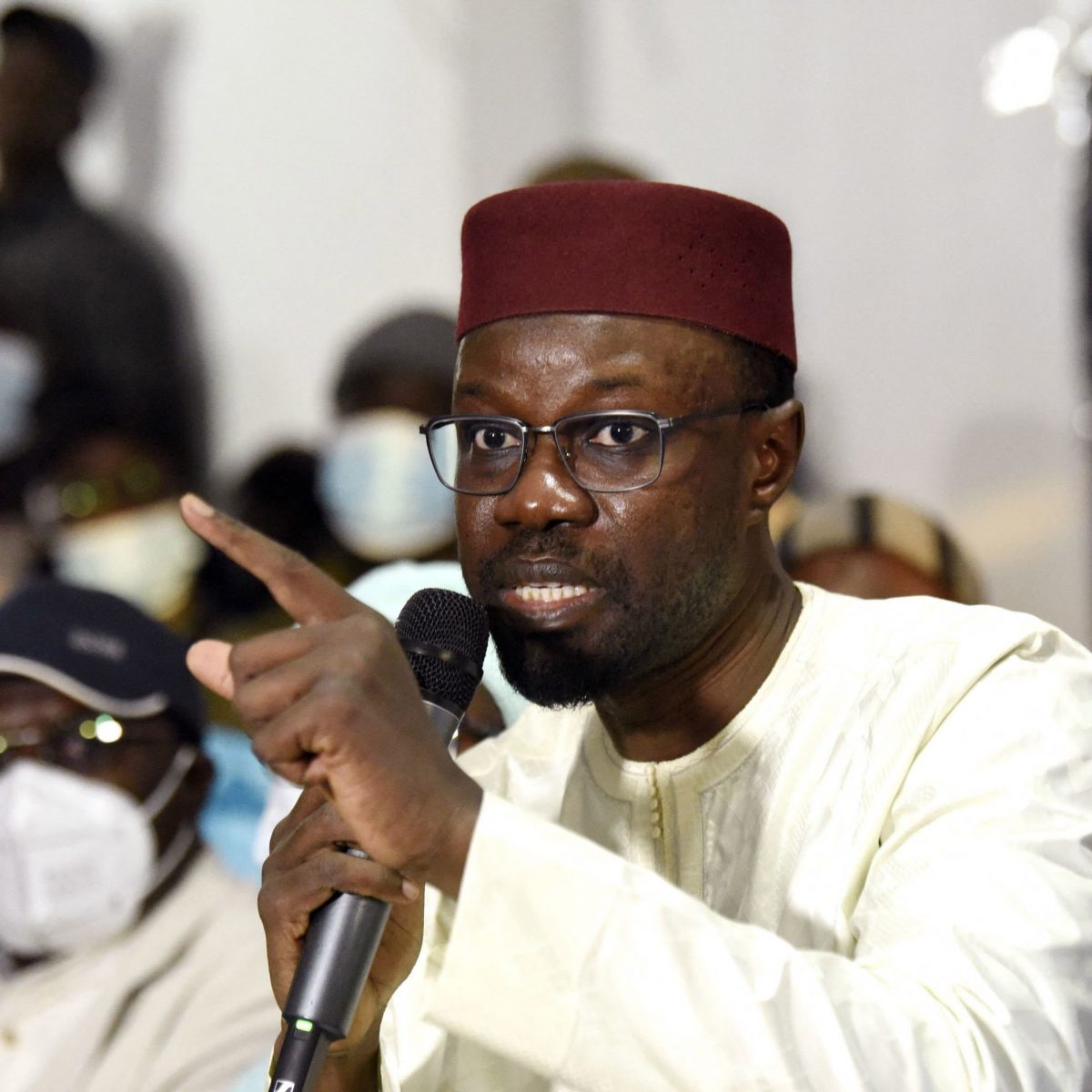DAKAR, (Reuters) – Nine people were killed in Senegal yesterday in clashes between riot police and supporters of opposition leader Ousmane Sonko after a court sentenced him to two years in jail, casting serious doubt on his chances of running for president next year.
Sonko, 48, did not attend the hearing over an alleged sexual assault. The justice ministry said the opposition leader could now be taken to prison at any time. Police remained stationed around his home Dakar as unrest flared in the capital and elsewhere after the verdict.
Sonko was accused of raping a woman who worked in a massage parlour in 2021, when she was 20, and making death threats against her. He denies wrongdoing and says the charges are politically motivated.
A criminal court cleared Sonko of rape, but found him guilty of a separate offence described in the penal code as immoral behaviour towards individuals younger than 21.
“With this sentence Sonko cannot be a candidate,” said one of his lawyers, Bamba Ciss, citing Senegal’s electoral law.
Sonko’s PASTEF party said the verdict was part of a political plot and called on citizens in a statement to “stop all activity and take to the streets”.
Nine people were killed in the protests that broke out in parts of Dakar and other cities after the verdict, Interior Minister Antoine Felix Abdoulaye Diome said on state television in the early hours of Friday.
Earlier, thick black smoke had billowed from a central university campus in Dakar, where protesters set several buses alight in the afternoon and threw rocks at riot police who responded by firing tear gas.
Government spokesperson Abdou Karim Fofana said security forces had the situation under control in the capital.
Several social media and messaging platforms were restricted in Senegal late on Thursday – a move “likely to significantly impact the public’s ability to communicate,” the Netblocks internet observatory said.
University law professor Ndiack Fall said Sonko could demand a retrial if he turns himself in to authorities.
The case has triggered sporadic violent protests in the West African country since 2021. Sonko’s supporters denounce the charges as a ploy to prevent him from running in elections scheduled for February. The government and the justice system deny this.
A former tax inspector who came third in the last election, Sonko has tapped into frustrations with President Macky Sall that have grown since he was elected in 2012.
Critics say Sall has failed to create jobs and has stifled opposition criticism amid rumours he may seek to bypass presidential term limits and run again next year. Sall has neither confirmed nor denied this.
Demonstrations are not uncommon in Senegal and typically increase around elections. But Sall’s second term has been particularly turbulent for a country usually viewed as one of West Africa’s strongest democracies.
Separately, Sonko is appealing against a six-month suspended prison sentence for libel – an offence he also denies.





